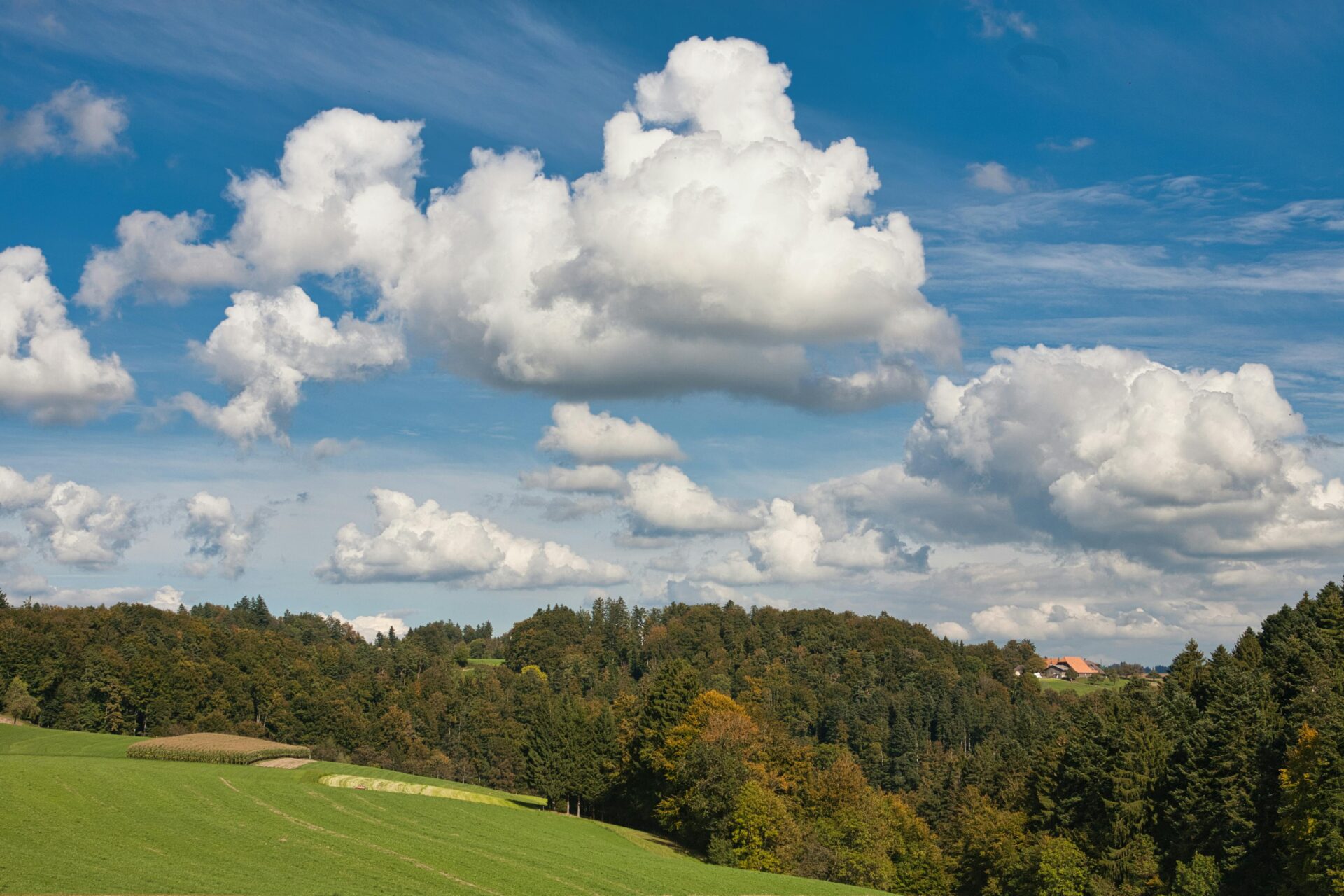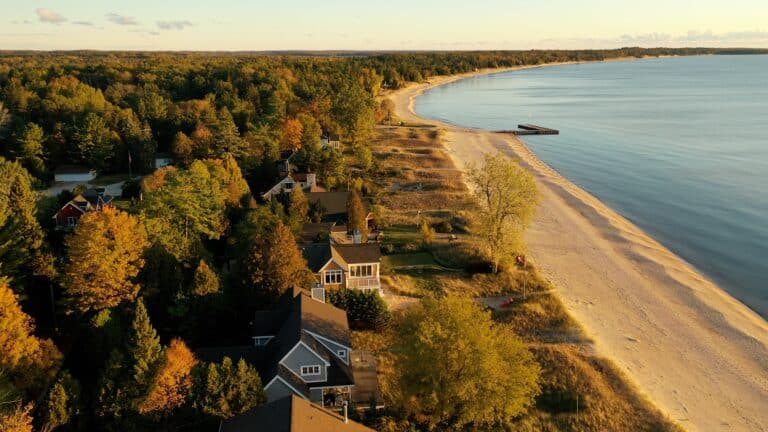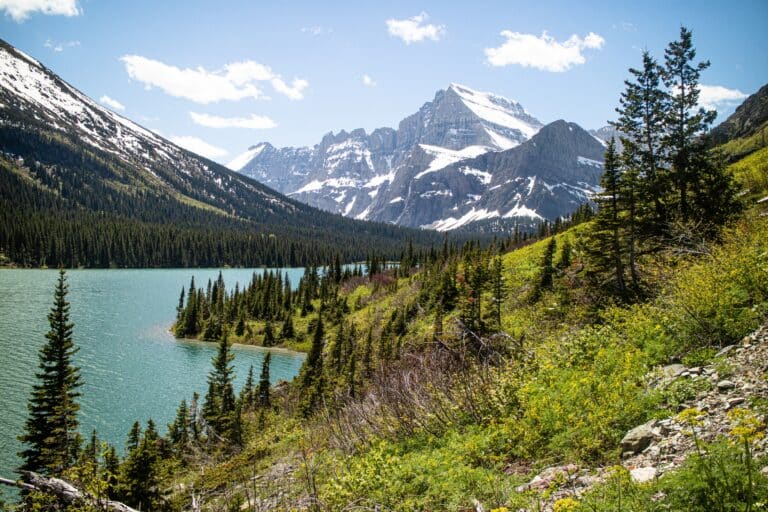Buying land in West Virginia means unlocking the rare opportunity to own a piece of the Mountain State’s scenic beauty. Whether you’re dreaming of setting up a hunting retreat or building a quiet homestead, understanding the land buying process in West Virginia is key to making a smart, confident purchase.
In this guide, we’ll explore what makes land here so appealing, what types of properties are available, and the legal and logistical factors you’ll want to keep in mind. We’ll also share expert tips for buying land in West Virginia to help you navigate your search and find the right property with ease.
Why West Virginia Appeals to Land Buyers
West Virginia’s rugged charm, lower land prices, and unspoiled landscapes make it one of the best places in the region for buying rural or recreational property. It’s no surprise that interest in land for sale in West Virginia continues to grow among buyers seeking both value and natural beauty. Its mix of mountains, valleys, and rivers creates an ideal backdrop for anyone looking to get closer to nature or escape the noise of city life.
Compared to neighboring states like Virginia or Maryland, the cost of land in West Virginia is significantly more affordable, making it a top choice for first-time buyers, retirees, or outdoor enthusiasts.
Some people may look for land to build a cabin or seasonal getaway, while others may be interested in long-term homesteading or investment. Whatever your intention, it’s crucial to define it early so you can choose the right region and land type for your goals.
Understanding Land Types Across the State
Before buying land in West Virginia, take time to explore the different types of parcels available. Each comes with its own benefits, as well as important factors to consider:
- Residential land – Residential land in West Virginia is ideal if you plan to build a home or cabin. These lots may be found near towns or tucked into remote mountain areas. Look for parcels with road access, nearby utilities, and proper zoning.
- Recreational land – This type of land includes wooded acreage and properties near lakes, rivers, or trail systems. Recreational parcels are popular in areas like the Monongahela National Forest and the Eastern Highlands. Prioritize access, terrain, and wildlife presence.
- Agricultural land – Found mostly in the western and southern parts of the state, this land type is suitable for small farms, livestock, or personal gardening. Soil quality, water access, and land slope are important considerations here.
- Raw rural lots – Often the most affordable land to buy in West Virginia, raw parcels typically lack utilities or infrastructure. They’re ideal for buyers who want to build from scratch or simply hold the land for investment.
Each region in West Virginia has its own character, so consider the best place in West Virginia to buy land based on your goals and needs.
Legal and Logistic Considerations
No matter what kind of land you’re looking for, you’ll want to conduct proper due diligence to avoid unexpected issues down the road. With that in mind, here are a few key factors to research when exploring how to buy land in West Virginia:
- Zoning laws – West Virginia’s zoning regulations vary by county. Before making a purchase, make sure your intended use is permitted on the property. For example, you may need special permits to build a home, operate a business, or raise animals.
- Road access – Some rural parcels are landlocked or only accessible by private or seasonal roads. Confirm that your land is legal and has year-round access, especially if you plan to build or visit regularly.
- Utilities – Many properties in West Virginia don’t have access to public water, sewers, or electricity. You may need to install a well and septic system or explore off-grid options. Check availability with local utility providers.
- Mineral rights – In West Virginia, you can purchase mineral rights separately from surface rights. Always check whether your purchase includes the mineral rights and whether any active leases or rights of access exist on the land.
These legal and logistical factors are crucial in the land buying process in West Virginia. Taking the time to investigate them up front will help you avoid costly surprises later.
Working With Local Experts
One of the best tips for the land buying process in West Virginia is to partner with a local expert. While online research can take you far, nothing replaces the insight of a land professional who understands regional zoning laws, land values, terrain, and red flags to look out for.
To that end, you might consider working with:
- A land-focused real estate agent or broker
- A surveyor who knows the area’s topography
- A title company familiar with West Virginia property law
- County zoning offices for detailed parcel information
With the right preparation and local insight, you can turn your West Virginia land purchase into a long-term success.
Making the Most of Your Land Purchase in West Virginia
Buying land in West Virginia can be a life-changing decision—one that offers natural beauty, freedom, and enormous potential. With the right information and support, you can feel confident as you explore the best place to buy land in West Virginia, evaluate your options, and start building toward your vision.
Land.com makes it easy to connect with professionals who can guide you through every step of the process. From exploring listings to understanding local land laws and negotiating the best terms on your behalf, our land professionals are committed to making your land buying journey easier and more rewarding.
Sources:
Forest Service U.S. Department of Agriculture. Welcome to Monongahela National Forest. https://www.fs.usda.gov/r09/monongahela
Rocket Mortgage. The 10 Cheapest States to Buy a House. https://www.rocketmortgage.com/learn/cheapest-states-to-buy-a-house



